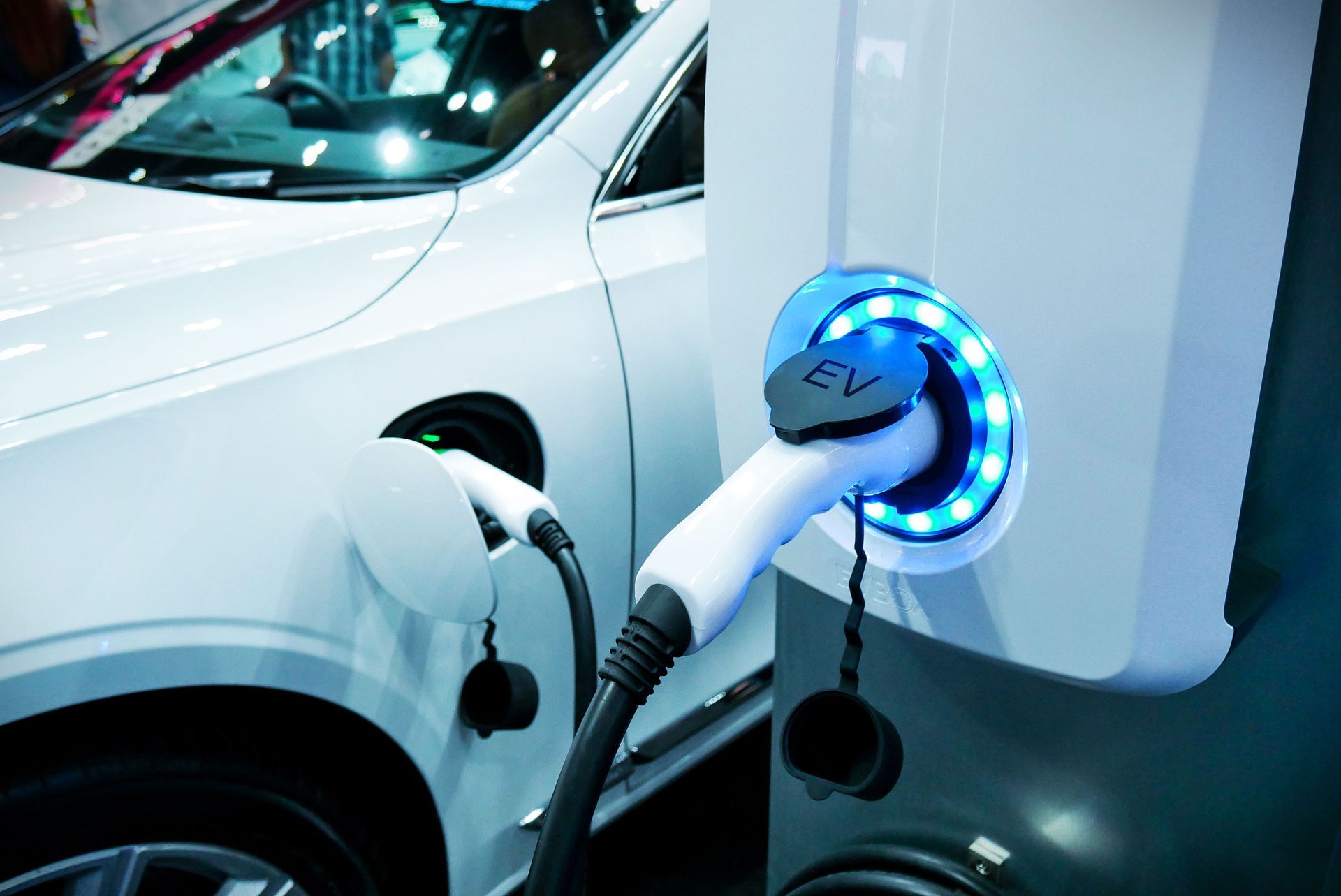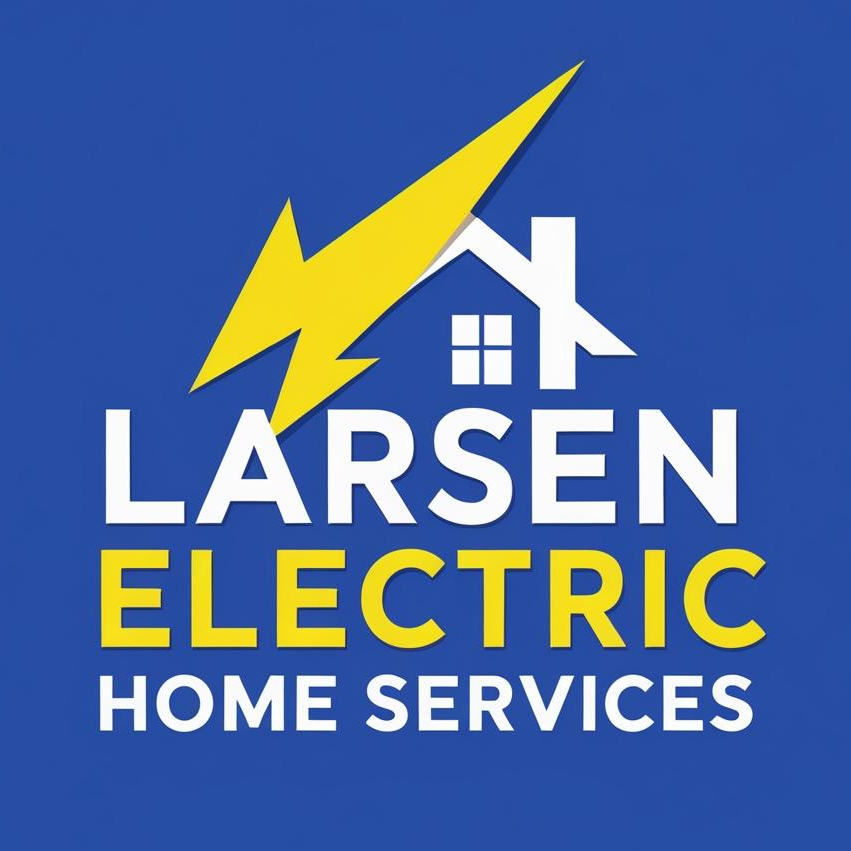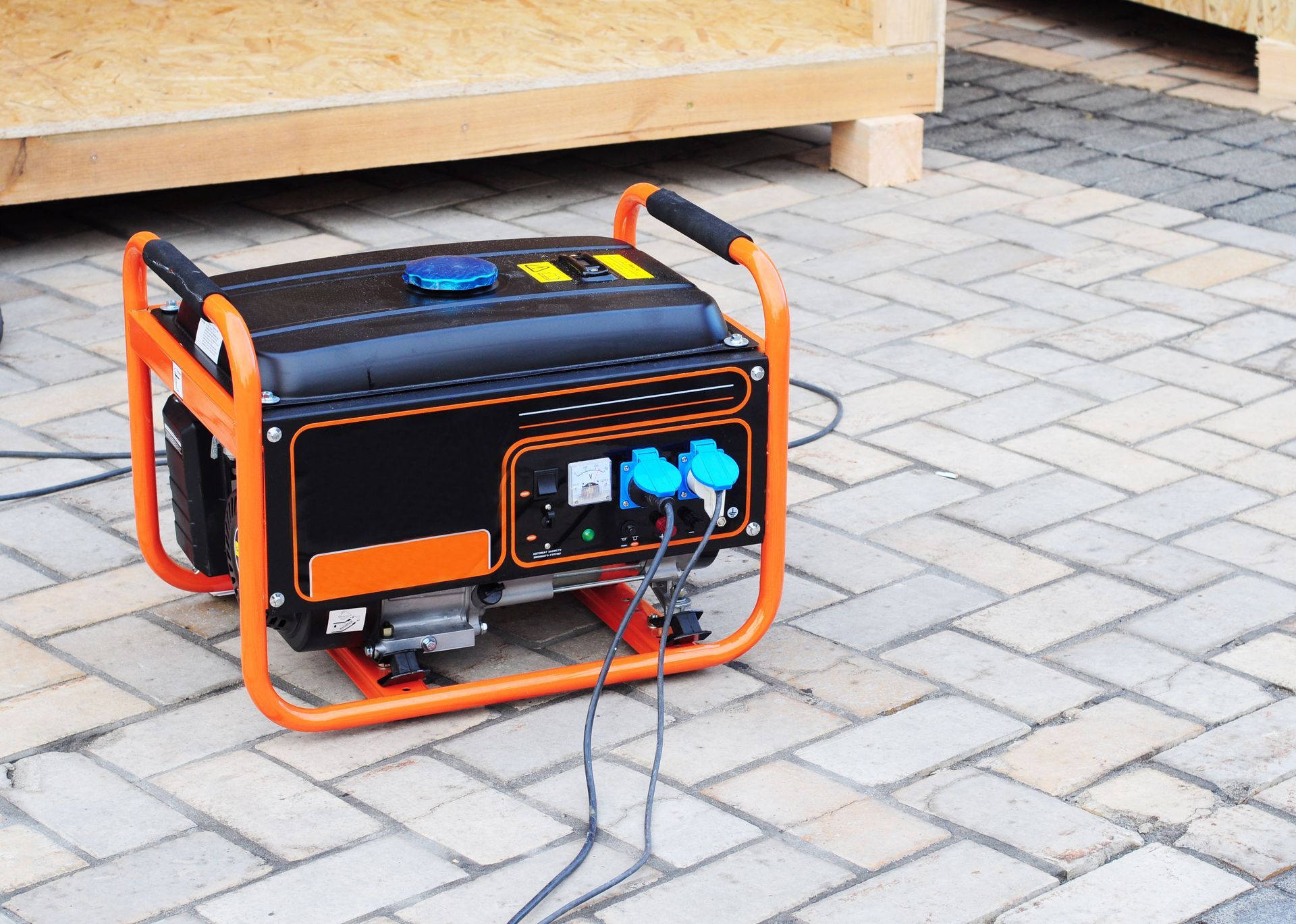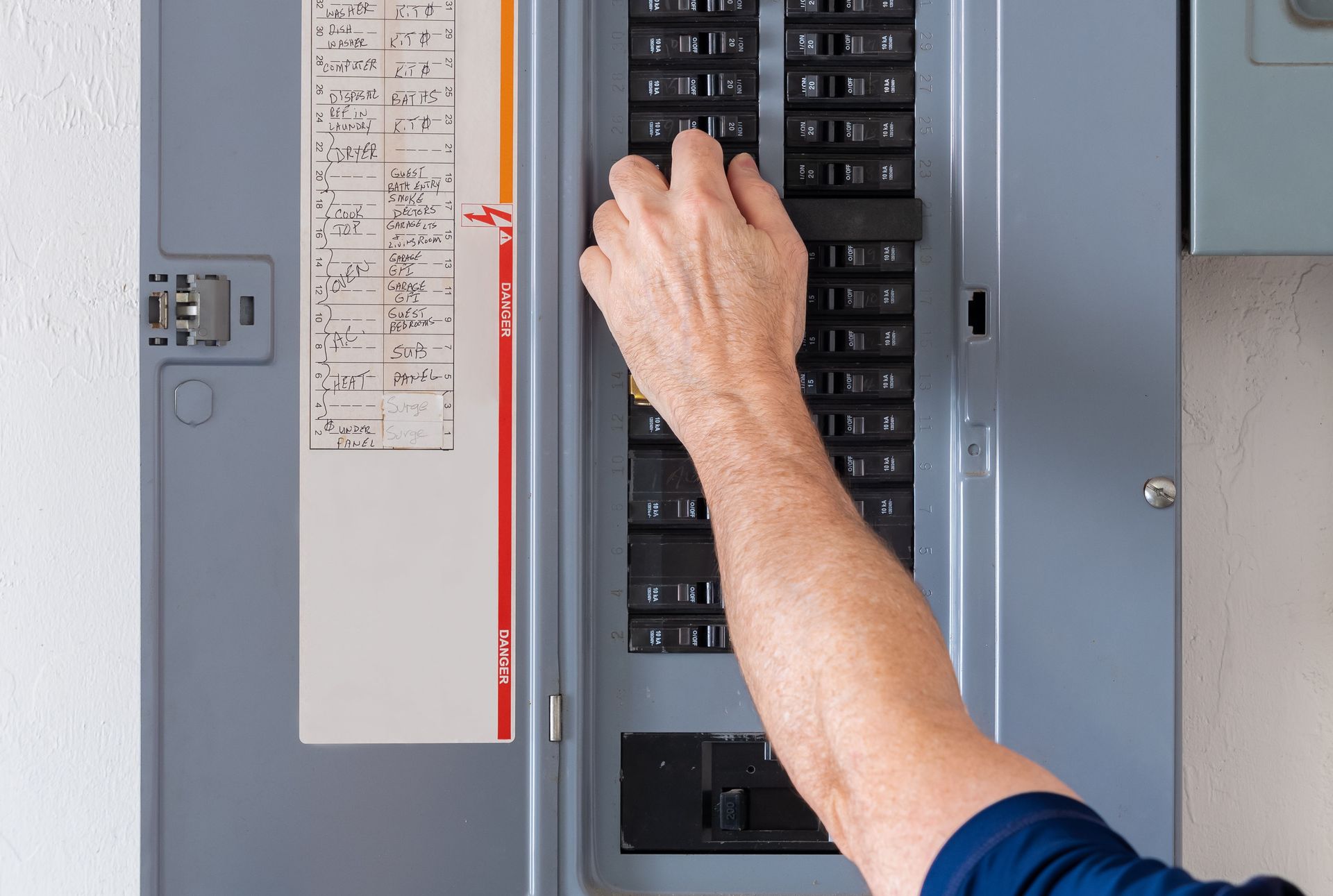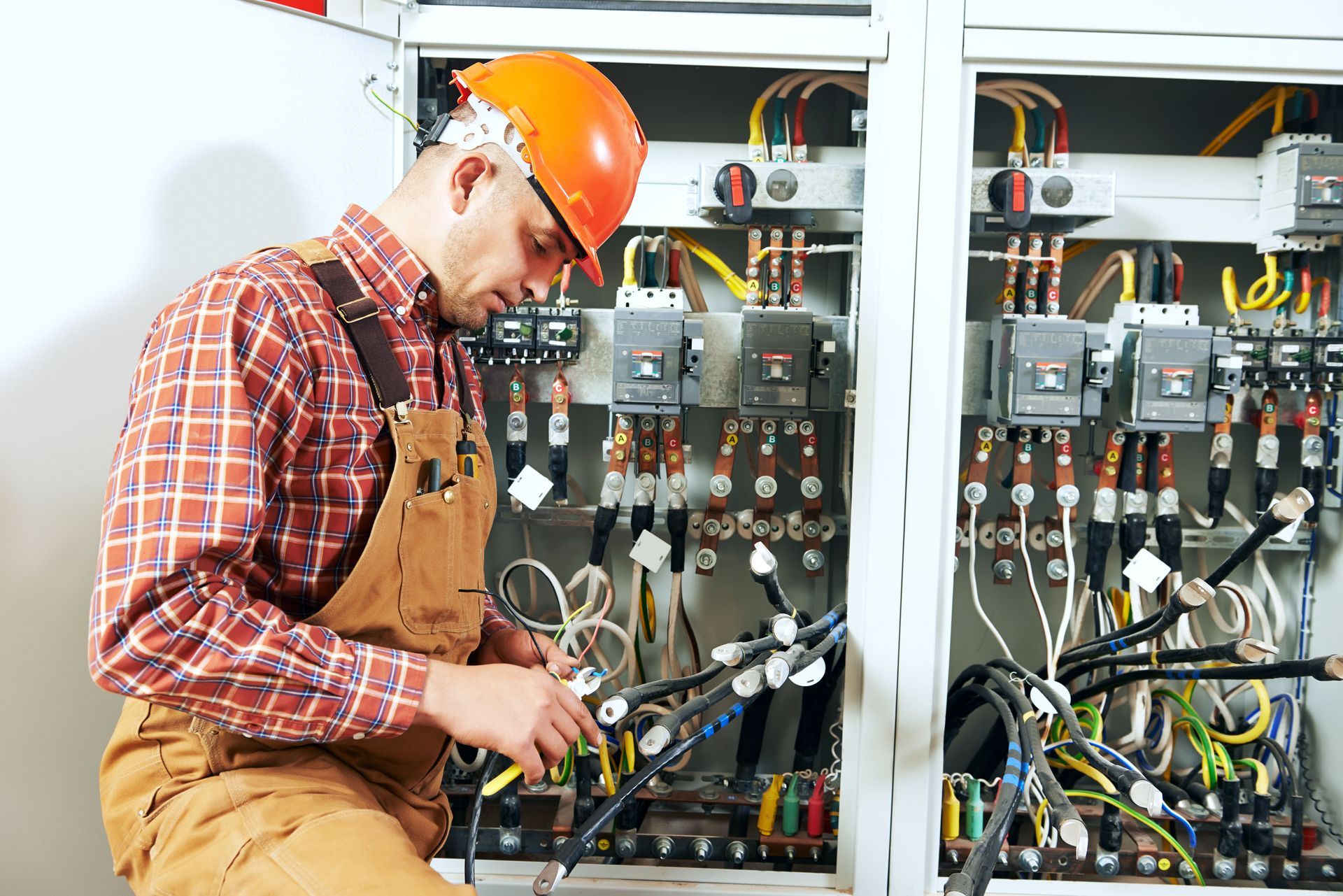August 23, 2025
This is a subtitle for your new post
In this ever-evolving era of sustainable transportation, electric vehicles (EVs) have emerged as a practical and environmentally conscious choice for many. However, owning an EV comes with the responsibility of ensuring an efficient and reliable charging setup at home. Before installing a home EV charger, it's essential to ponder several crucial questions to make an informed decision.
From evaluating your current electrical capacity to choosing the right charger level, every step plays a role in creating a safe and convenient system. This guide provides a comprehensive checklist of considerations to ensure a smooth transition to electric mobility. By addressing these factors ahead of time, homeowners can avoid costly mistakes, reduce potential safety hazards, and maximize the efficiency of their energy usage. Understanding these key aspects can greatly enhance your driving experience, save time and money, and contribute to broader environmental goals, making the switch to electric vehicles both practical and sustainable.
1. What Should You Know About Your Current Electrical System?
The first step before starting your EV charger installation is to evaluate your current electrical system. Homeowners should start by understanding the capacity of their electrical panel and whether it can support additional load. Electric vehicle chargers draw significant power, often requiring consideration of the total amperage. It's crucial to know how much of your current capacity is already utilized by other appliances. Consulting with a professional electrician can help provide accurate insights into your existing electrical setup.
An electrician can assess your current capacity and explain potential upgrade options if needed. With the increasing popularity of electric vehicles, according to Finance Buzz, Americans bought over 1.5 million electric vehicles in 2024. This makes it wise to consider future-proofing your setup to handle potential increases in household electricity demands. Taking this proactive step ensures a smooth integration of your EV charger while also boosting the overall safety and efficiency of your home’s electrical system.
2. Which EV Charger Level Should You Choose?
Choosing the appropriate EV charger level is a critical decision based on your daily driving needs and electrical capacity. Level 1 chargers are standard with most EVs and can plug into a typical household outlet, providing about 3 to 5 miles of range per hour of charging. Though suitable for drivers with shorter commutes or those who charge overnight, a Level 1 charger may not be practical for everyone. On the other hand, Level 2 chargers are more powerful, requiring a 240-volt outlet and capable of adding 10 to 60 miles of range per hour. This charging speed makes Level 2 chargers a popular choice among frequent drivers or multi-EV households.
When selecting a charger level, consider how quickly you need your vehicle to charge. For example, if your EV is your primary mode of transportation, a Level 2 charger may be essential to ensure the car is ready for use when needed. Determining your usual driving patterns and charging needs can help inform this decision. Additionally, if your electrical panel is already close to its capacity, opting for a Level 1 charger might be the most viable option unless you're prepared for electrical system upgrades as part of your EV charger installation. The right charger level balances your convenience and the practical limitations of your home’s electrical infrastructure.
3. What Should You Consider About Your Future Electrical Needs?
Adding an EV charger is a long-term investment, and it's crucial to consider your future electrical needs. As technology advances, new home appliances and systems may require significant power, affecting your home's electrical load. Taking a comprehensive view of your future technological and lifestyle changes allows for a more informed decision regarding home electrical capacity. For those planning additional electronic installations like solar panels or battery storage, these elements should also be integrated into your long-term planning. This approach ensures that your home remains adaptable and efficient amidst technological evolutions.
Looking ahead, consider how your electrical usage may increase with the addition of further smart home technologies. The transition towards cleaner energy solutions often comes hand in hand with technology-heavy smart home systems. This shift necessitates an adaptable electrical infrastructure capable of supporting these innovations without overloading. Moreover, being proactive in understanding potential upgrades or changes to your lifestyle allows you to future-proof your home's energy management. This strategy not only caters to your EV needs but also ensures overall household resilience, making your EV charger installation a sustainable choice for years to come.
4. Who Should You Consult for Your EV Charger Installation?
Consulting a professional electrician is perhaps the most crucial aspect of installing a home EV charger. They offer invaluable insights about your current electrical system and help tailor a solution that meets both your immediate needs and long-term goals. An electrician assesses whether your electrical panel requires an upgrade and suggests optimal placement for the charging station. Their expertise translates to safer installations complying with local electrical codes and standards. Engaging with a professional early in the decision-making process helps in efficiently navigating various installation challenges.
Electricians bring experience in quantifying your home’s electrical capacity, considering necessary upgrades, and aligning them with your lifestyle. They can give an accurate estimate of costs, which is essential for budget planning. These professionals also assist in navigating permits and regulations, ensuring your installation complies with all relevant laws. Moreover, their advice on brands, models, and installation practices can lead to long-term savings and reliability. Choosing an electrician with experience in EV charger installation can alleviate potential worries, providing you with peace of mind and assurance of a job done well.
5. What Smart Features and Connectivity Should You Look For?
Choosing a modern EV charger often means considering smart features and connectivity options that enhance user convenience. Many chargers now come equipped with Wi-Fi or Bluetooth capabilities, allowing for remote access and management. With a smartphone app, you can monitor charging status, schedule charging times during off-peak hours, and even update firmware as needed. These smart features not only provide added convenience but also promote efficient energy usage, potentially lowering electricity costs. In today's digital age, investing in a system that integrates into your connected lifestyle is increasingly desirable.
Connectivity features also open up possibilities for seamless integration with smart home ecosystems. Some EV chargers can connect with home energy management systems, optimizing energy distribution based on real-time household usage. This capability ensures that charging doesn't interfere with other high-demand appliances, maintaining household efficiency and avoiding outages.
Installing a home EV charger is more than just a convenience—it’s a smart, future-focused investment that supports both your mobility needs and environmental goals. By assessing your electrical capacity, choosing the right charger level, and factoring in future demands, you can create a setup that’s efficient, safe, and adaptable. With professional guidance, your transition to electric driving can be smooth, cost-effective, and worry-free. The right planning today ensures your home is ready for the clean energy demands of tomorrow.
Ready to make your EV charger installation seamless and stress-free? Trust the experts at Larsen Electric to deliver professional, code-compliant installations tailored to your home’s needs. Our skilled electricians will help you choose the right charger, optimize your electrical system, and ensure your setup is built to last safely and efficiently. Contact Larsen Electric today and take the first step toward powering your electric future with confidence.
